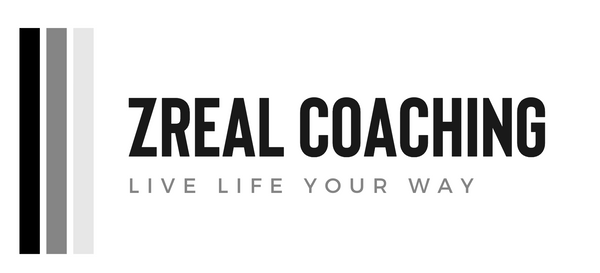## The Messy Brain: How Brain Function Affects Cleaning Habits and Beyond
Differences in brain structure and function can contribute to variations in cleaning and organizational habits. However, the implications of a "messy brain" go beyond just physical clutter, affecting decision-making, critical thinking, and overall cognitive function.
## Brain Regions Involved
- Prefrontal cortex: This region is responsible for executive function, decision-making, and planning. People who naturally clean up as they go might have a more developed prefrontal cortex, enabling them to prioritize tasks and maintain organization. A well-functioning prefrontal cortex also facilitates clear thinking, problem-solving, and decision-making.
- Basal ganglia: This region is involved in habit formation and motor control. Individuals who tend to make a mess and clean up later might have a different basal ganglia function, making it harder for them to form habits around cleaning and organization. This can also impact their ability to develop consistent routines and habits in other areas of life.
## Neurotransmitters and Dopamine
- Dopamine: This neurotransmitter plays a role in motivation, pleasure, and reward processing. People who enjoy cleaning and organization might have a different dopamine response to these activities, finding them more rewarding or satisfying. Dopamine also influences motivation and focus, which can impact productivity and goal achievement.
- Serotonin: This neurotransmitter is involved in mood regulation and impulse control. Individuals with lower serotonin levels might be more prone to procrastination and messiness. Serotonin also affects emotional regulation, which can impact decision-making and relationships.
## The Ripple Effect: How a Messy Brain Impacts Life
A messy brain can affect various aspects of life, including:
- Decision-making: A disorganized brain can lead to indecisiveness, impulsivity, or poor decision-making. For example, someone with a messy brain might struggle to prioritize tasks, leading to missed deadlines or poor time management.
- Critical thinking: A cluttered mind can impede clear thinking, making it harder to analyze problems, evaluate information, or generate creative solutions. This can impact academic or professional performance, as well as personal relationships.
- Productivity: A lack of organization and focus can lead to decreased productivity, missed deadlines, and increased stress. This can affect career advancement, financial stability, and overall well-being.
- Relationships: A messy brain can impact relationships with others, leading to misunderstandings, conflicts, or feelings of frustration. For instance, someone with a disorganized brain might struggle to follow through on commitments or maintain a tidy living space, straining relationships with family or roommates.
## Examples of Life Scenarios Affected by Messy Brain Function
- Career: A disorganized brain can impact job performance, leading to missed deadlines, poor time management, or decreased productivity.
- Finances: Impulsive spending or poor financial planning can result from a lack of organization and self-regulation.
- Relationships: A messy brain can lead to conflicts with others, misunderstandings, or feelings of frustration.
- Personal growth: A cluttered mind can impede self-reflection, goal-setting, and personal development.
## Brain Plasticity and Adaptability
- Neuroplasticity: The brain's ability to adapt and change can influence habits and behavior. People can develop new habits and improve their organizational skills through practice and repetition.
- Developing strategies: By recognizing the impact of a messy brain on various aspects of life, individuals can develop strategies to improve their cognitive function, such as:
- Practicing mindfulness and self-regulation techniques
- Developing routines and habits to promote organization and productivity
- Engaging in activities that promote cognitive training and development
- Seeking support from professionals or loved ones
## Key Takeaways
- Habits and brain function: Differences in brain structure and function can contribute to variations in cleaning and organizational habits.
- Beyond cleaning: A messy brain can impact decision-making, critical thinking, productivity, and relationships.
- Neurotransmitters and motivation: Dopamine and serotonin play a role in motivation and mood regulation, influencing behavior and habits.
- Personality traits and adaptability: Conscientiousness and habit formation can impact organizational skills, and the brain's adaptability allows for changes in behavior and habits.
By understanding the complexities of a messy brain and its impact on various aspects of life, individuals can take steps to improve their cognitive function, develop better habits, and enhance their overall well-being.
